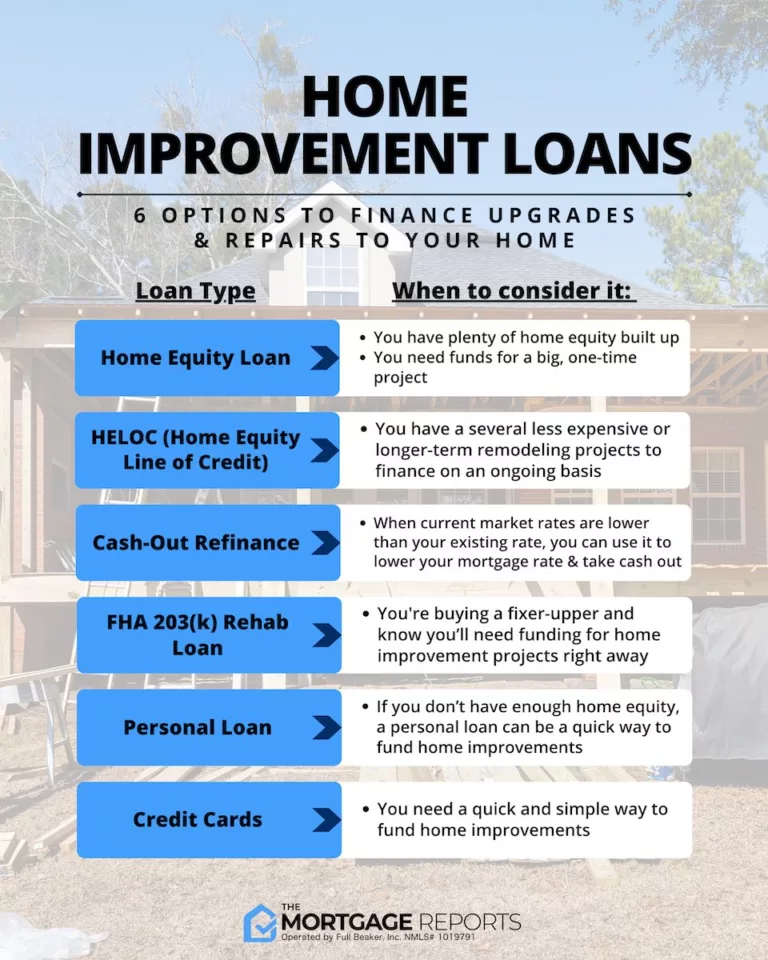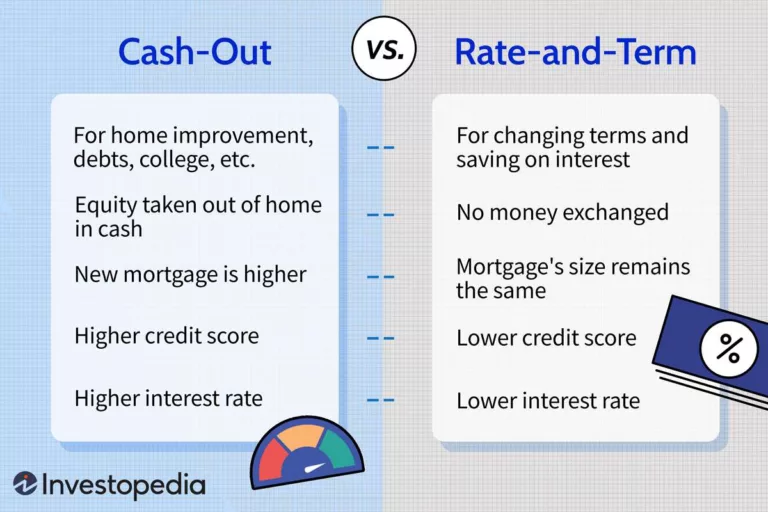Can You Sue a Mortgage Company for Emotional Distress? Get the Answers You Need Now!
Yes, you can sue a mortgage company for emotional distress if you have evidence of their negligence or intentional actions causing emotional harm. Pursuing legal action against a mortgage company for emotional distress is possible if you can prove that their actions or negligence directly caused you emotional harm.
While it can be challenging to establish a valid claim, it is essential to gather evidence of the mortgage company’s wrongdoing. This may include acts such as improper foreclosure practices, predatory lending, or mishandling of your loan. Demonstrating that their actions caused severe emotional distress, resulting in significant inconvenience, anxiety, or depression, can strengthen your case.
Consulting an experienced attorney who specializes in mortgage litigation can provide expert guidance in navigating the legal process to seek compensation for the emotional harm suffered.

Credit: www.enjuris.com
Understanding Emotional Distress Claims
Emotional distress claims against a mortgage company are possible, but they can be complex. Understand the legal requirements and seek professional advice to determine if you have a valid case.
Definition Of Emotional Distress
Emotional distress refers to the psychological suffering and anguish that a person experiences due to a specific incident or ongoing circumstances. It includes feelings of fear, anxiety, depression, humiliation, and sleep disturbances, among others.
Types Of Emotional Distress
Emotional distress claims can be categorized into different types based on the nature and severity of the harm caused. These types are:
- Negligent infliction of emotional distress (NIED): NIED occurs when a mortgage company’s negligent actions directly lead to emotional suffering. For example, a lender’s mishandling of a foreclosure process can cause immense stress and anxiety for the homeowner.
- Intentional infliction of emotional distress (IIED): IIED claims arise when a mortgage company intentionally engages in outrageous or extreme conduct, causing the borrower significant emotional harm. This could involve actions such as making false promises, harassment, or intimidation.
- Breach of contract: Emotional distress can also be a result of a mortgage company breaching its contractual obligations. If a lender fails to fulfill their agreed-upon responsibilities, such as mismanaging escrow accounts, it can lead to emotional suffering for the borrower.
It’s important to note that emotional distress claims, regardless of their type, generally require proving that the distress was severe and directly caused by the mortgage company’s actions or negligence. Additionally, they often need to meet specific legal criteria in order to be successful in court.
Suing A Mortgage Company For Emotional Distress
If you’ve experienced emotional distress due to the actions or negligence of a mortgage company, you may be wondering if you have any legal recourse. While it is possible to sue a mortgage company for emotional distress, there are certain factors that need to be considered before proceeding with a lawsuit. In this blog post, we will explore the basis for emotional distress claims, how to prove emotional distress, and the damages that can be sought in these cases.
Basis For Emotional Distress Claims
When it comes to suing a mortgage company for emotional distress, the basis for your claim lies in proving that the company’s actions or omissions directly caused you significant emotional harm. This harm must go beyond the normal level of stress that is typically associated with financial matters.
There are several situations that can form the basis for an emotional distress claim against a mortgage company:
- If the mortgage company engaged in unfair lending practices, such as predatory lending or discrimination
- If the mortgage company mishandled foreclosure proceedings or engaged in wrongful foreclosure
- If the mortgage company engaged in deceptive practices or fraud
- If the mortgage company failed to provide accurate and timely information regarding your mortgage
Proving Emotional Distress
Proving emotional distress in a lawsuit against a mortgage company can be challenging but not impossible. To successfully prove emotional distress, you will need to provide evidence to support your claim. This can include:
- Documentation of any medical treatment or therapy you sought as a result of the emotional distress
- Statements from mental health professionals who can attest to the impact the situation had on your mental well-being
- Any relevant correspondence, such as emails or letters, that demonstrate the mortgage company’s actions and their impact on your emotional state
Damages In Emotional Distress Cases
If you are successful in suing a mortgage company for emotional distress, you may be entitled to various types of damages. These can include:
- Compensatory damages: These are intended to compensate you for the emotional harm you suffered, such as pain and suffering, mental anguish, and loss of enjoyment of life
- Punitive damages: In some cases, the court may award punitive damages to punish the mortgage company for their actions and deter similar behavior in the future
It is important to note that the amount of damages awarded will vary depending on the specifics of your case and the jurisdiction in which you file the lawsuit.
Factors To Consider Before Filing A Lawsuit
Before filing a lawsuit against a mortgage company for emotional distress, several factors deserve consideration. These include the extent of the distress, evidence of misconduct by the company, and the potential for legal remedies. It is essential to consult with a legal professional to evaluate the viability of your case.
Reviewing Mortgage Agreement
Before taking any legal action against a mortgage company for emotional distress, it is crucial to carefully review your mortgage agreement. This document outlines the terms and conditions of your loan and the responsibilities of both parties involved. By thoroughly examining the agreement, you can determine if there have been any violations on the part of the mortgage company that may have caused emotional distress. Pay close attention to clauses related to interest rates, repayment schedules, and any additional fees or charges. Understanding your rights and obligations under the agreement will help you in building a strong case in court if necessary.Gathering Evidence
When considering a lawsuit against a mortgage company for emotional distress, it is essential to gather evidence that supports your claim. Documentation plays a crucial role in any legal case, and having solid evidence can make a significant impact on your chances of success. Start by compiling any letters, emails, or other forms of communication between you and the mortgage company that demonstrate the alleged misconduct or actions that have caused emotional distress. Additionally, gather any financial records, such as payment receipts or bank statements, that highlight any discrepancies or unfair practices. Remember to keep a detailed log of conversations, dates, and incidents related to your distress to strengthen your case further.Consulting With An Attorney
Before proceeding with a lawsuit, it is highly recommended to consult with a reputable attorney who specializes in mortgage-related cases. An experienced attorney can evaluate the strength of your case, provide legal advice, and guide you through the complex legal process. They can help you understand the relevant laws, statutes of limitations, and potential damages you may be entitled to if successful. Additionally, an attorney can negotiate on your behalf, increasing the likelihood of a favorable outcome without necessarily going to court. With their expertise, they can review the evidence you have gathered and determine the best course of action tailored to your specific circumstances.
Credit: store.nolo.com
Alternatives To Lawsuits For Emotional Distress
When dealing with emotional distress caused by a mortgage company, pursuing legal action may not always be the most desirable or practical option. However, there are alternative avenues you can explore to address your concerns and seek resolution. This section will guide you through two potential alternatives: mediation and arbitration, as well as filing complaints to regulatory agencies.
Mediation And Arbitration
Mediation and arbitration offer alternative methods to resolve disputes outside of the courtroom. These processes allow you and the mortgage company to work towards a mutually agreeable solution with the assistance of a neutral third party.
In mediation, a mediator facilitates communication between you and the mortgage company, helping to identify common ground and encouraging dialogue. The mediator does not make decisions, but rather facilitates discussions to reach a resolution that both parties find acceptable.
Arbitration, on the other hand, involves submitting the dispute to an arbitrator who will review the case and make a binding decision. This decision is typically enforceable in court, and the process is more formal than mediation. Arbitration can provide a quicker and less expensive resolution compared to traditional litigation.
Complaints To Regulatory Agencies
If you believe the mortgage company has acted improperly or unethically, filing complaints with relevant regulatory agencies can be an effective course of action. These agencies oversee the operations of financial institutions and have the authority to investigate your complaint and take appropriate action if necessary.
Common regulatory agencies involved in overseeing mortgage companies include the Consumer Financial Protection Bureau (CFPB) and the Office of the Comptroller of the Currency (OCC). Filing a complaint with these organizations can prompt an investigation into the mortgage company’s practices and potentially result in corrective actions or penalties.
When filing a complaint, ensure you include all relevant details and documentation to support your claim. Be clear and concise in describing the issue and explain how it has caused emotional distress. This will strengthen your case and increase the chances of a favorable outcome.

Credit: taiswim.co
Frequently Asked Questions Of Can You Sue A Mortgage Company For Emotional Distress
What Is Mortgage Lender Negligence?
Mortgage lender negligence refers to a lender’s failure to meet their duty of care when handling a mortgage application or loan. It can include errors, omissions, or misconduct that causes harm or financial loss to the borrower.
Why Would A Mortgage Company Sue You?
A mortgage company may sue you if you fail to pay your mortgage payments as agreed. They can also take legal action if you breach any terms in your mortgage agreement or commit fraud. It’s important to fulfill your mortgage obligations to avoid the risk of being sued.
What Happens If A Mortgage Company Makes A Mistake?
If a mortgage company makes a mistake, it could have various consequences. It may lead to financial and legal issues for the company and potentially affect the borrower. The company may need to rectify the mistake, compensate the affected party, or face legal action.
Can You Sue A Married Man For Emotional Distress?
Yes, you can sue a married man for emotional distress if his actions caused you harm.
Conclusion
It is possible to sue a mortgage company for emotional distress, but the chances of success vary depending on the circumstances of the case. While some states recognize emotional distress as a valid cause of action, others require proof of physical harm or intentional misconduct.
It is important to consult with a qualified attorney to assess the viability of your claim and understand the legal options available to you. Remember, each case is unique, so it is crucial to gather all the necessary evidence and seek expert guidance.




